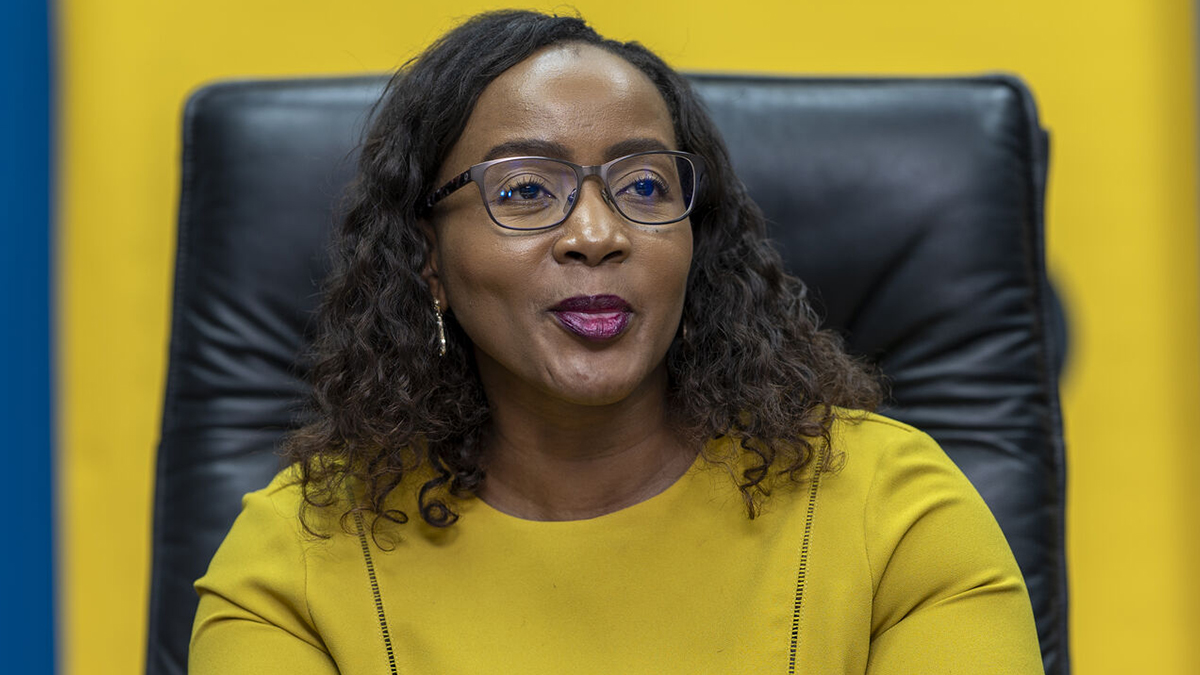In a groundbreaking move, MTN Rwandacell PLC (MTN Rwanda) has introduced the nation’s first paper-based biodegradable SIM cards, solidifying its dedication to environmentally responsible business practices and sustainability.
This innovative development complements their existing offerings for eSIMs, further underscoring the company’s commitment to reducing its ecological footprint.
The significance of this initiative cannot be overstated, given the staggering statistics surrounding plastic waste.
Read also: MTN Unveils Meetings+ Platform as It Aims for TechCo Status by 2025
Globally, 430 million tonnes of plastic are produced annually, with a staggering 2000 trash trucks worth of plastic waste ending up in rivers, lakes, and oceans every day. By adopting biodegradable SIM cards, MTN Rwanda is taking a crucial step towards mitigating the environmental impact of its operations and setting a positive precedent for the industry.
Wide-ranging effects of the prevalent plastic pollution include harming the environment and reducing their capacity to adjust to the difficulties posed by climate change. The manufacturing of plastic SIM cards is a significant contributor to the telecom industry’s considerable carbon footprint.
A remarkable 4.5 billion plastic SIM cards were produced in 2020, contributing to a noticeable 2% rise in world pollution. This concerning figure emphasises how urgently sustainable practices and creative solutions are needed to lessen the telecom industry’s adverse environmental effects. For example, the release of environmentally friendly paper SIM cards presents a viable substitute that will help the environment and open the door to a future that is more environmentally friendly
To assist Rwanda’s Sustainable Development and Climate Resilience Strategy, they are switching to paper SIM cards and optimising packaging in line with MTN Group Environmental Strategy. The materials used to create these paper SIM cards are entirely approved by the Forest Stewardship Council (FSC), guaranteeing responsible forest management techniques. These biodegradable SIM cards, often known as “bioSIMs,” represent a substantial departure from plastic SIM cards in terms of their dedication to environmental protection.
BioSIMs: A Step Towards Environmental Responsibility
As a company with a rich history and deep roots in Africa, knowing the pressing environmental issues threatening the planet’s well-being. They recognise the urgent need for sustainable practices and responsible business operations that prioritise the health of the environment.
In line with this commitment, they have introduced an innovative paper-based biodegradable SIM card designed to reduce plastic waste and minimise carbon footprint significantly. This pioneering initiative embodies dedication to being part of the solution, driving positive change, and contributing to a more environmentally conscious future for future generations. By embracing eco-friendly solutions, they aim to make a meaningful impact, setting a new standard for the telecommunications industry and inspiring others to join this vital journey towards sustainability.
Read also: MTN MoMo, SA become first non-banking player to offer PayShap
MTN’s Sustainability Commitment: Leading the Way in Rwanda
This initiative is a testament to our unwavering commitment to sustainable business practices and reducing environmental impact. As a leading telecommunications provider, they recognise the importance of minimising ecological footprint and promoting environmentally responsible operations. Enzo Scarcella, Executive Consumer Officer at MTN Group, reaffirms their dedication to driving digital innovation for Rwanda’s progress while integrating sustainable practices into every aspect of the business.
Introducing paper-based biodegradable SIM cards is just the beginning of the sustainability journey as they strive to positively impact the environment and contribute to a greener future for generations to come. They aim to set a new standard for sustainable business practices in Rwanda and beyond through this initiative and many others.













